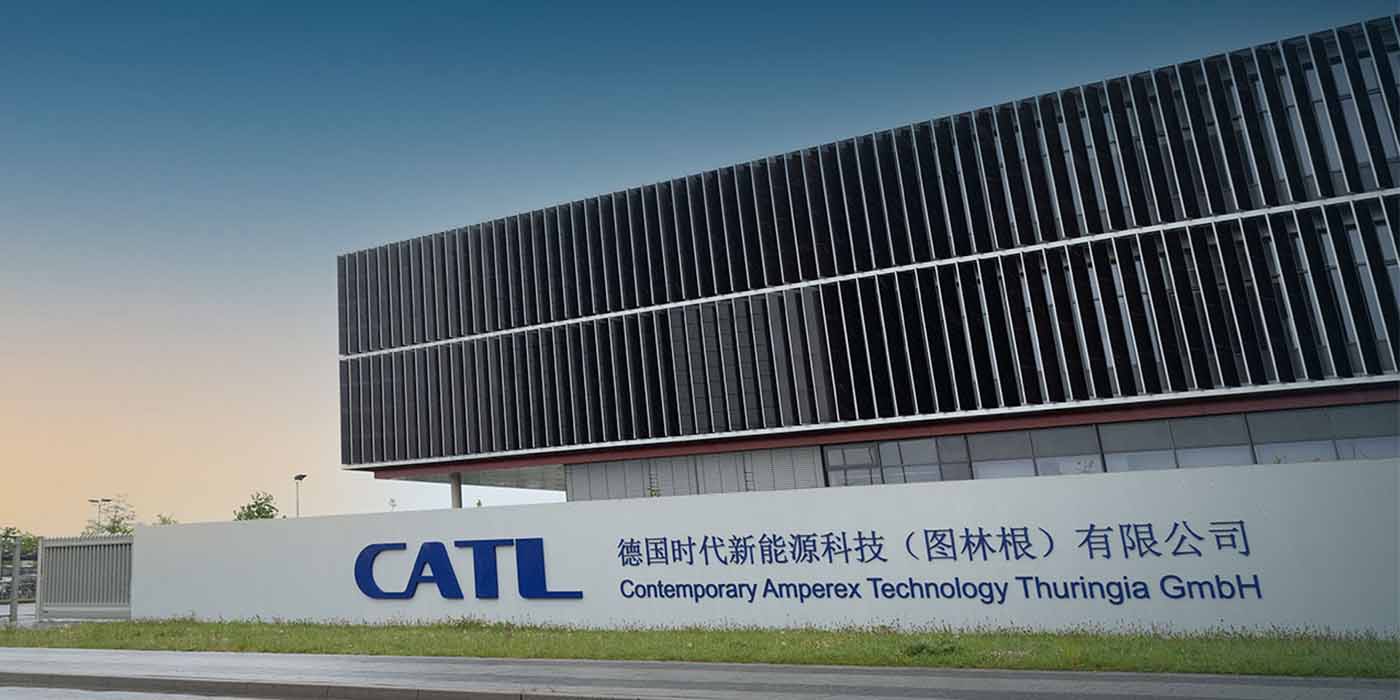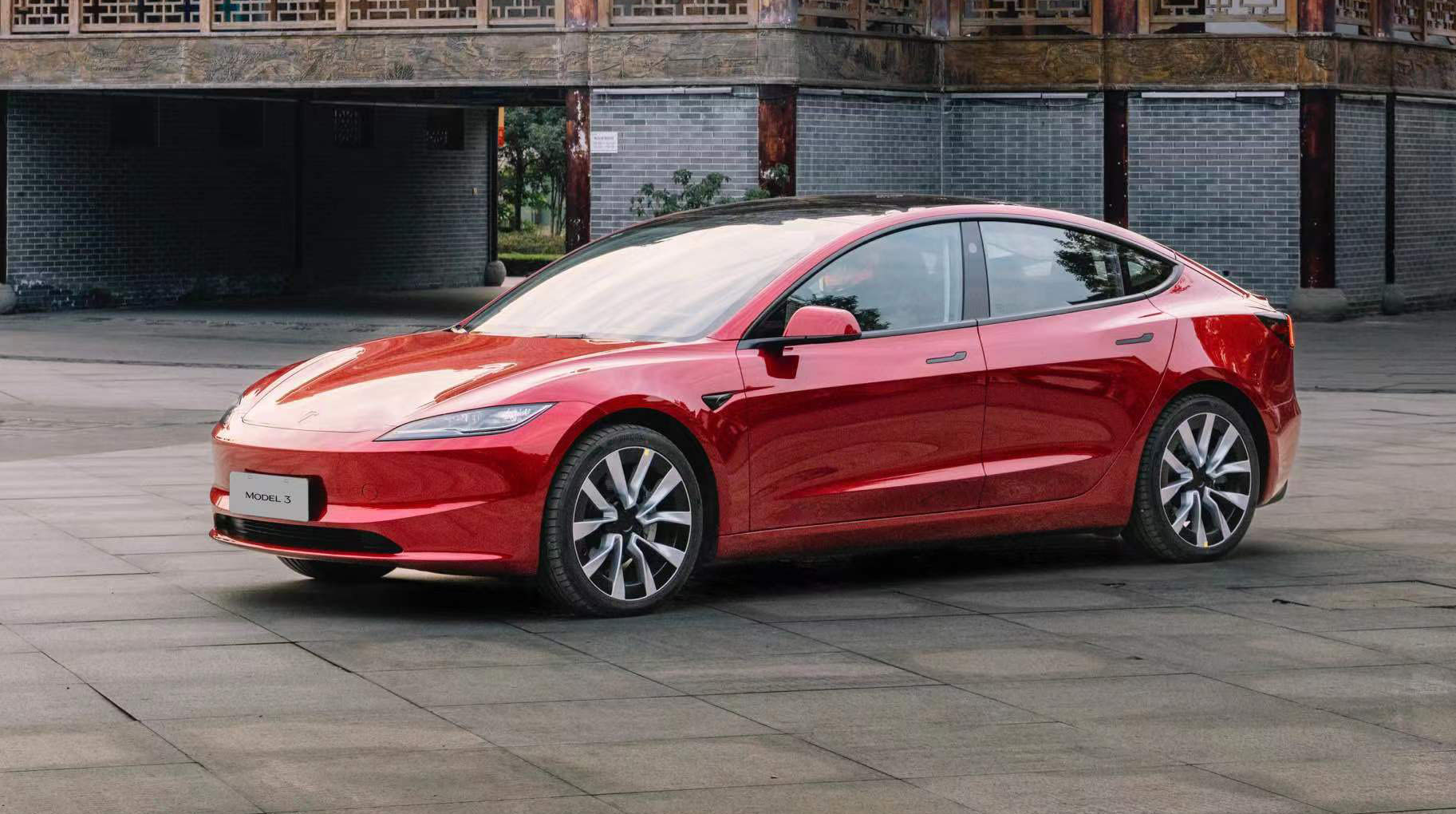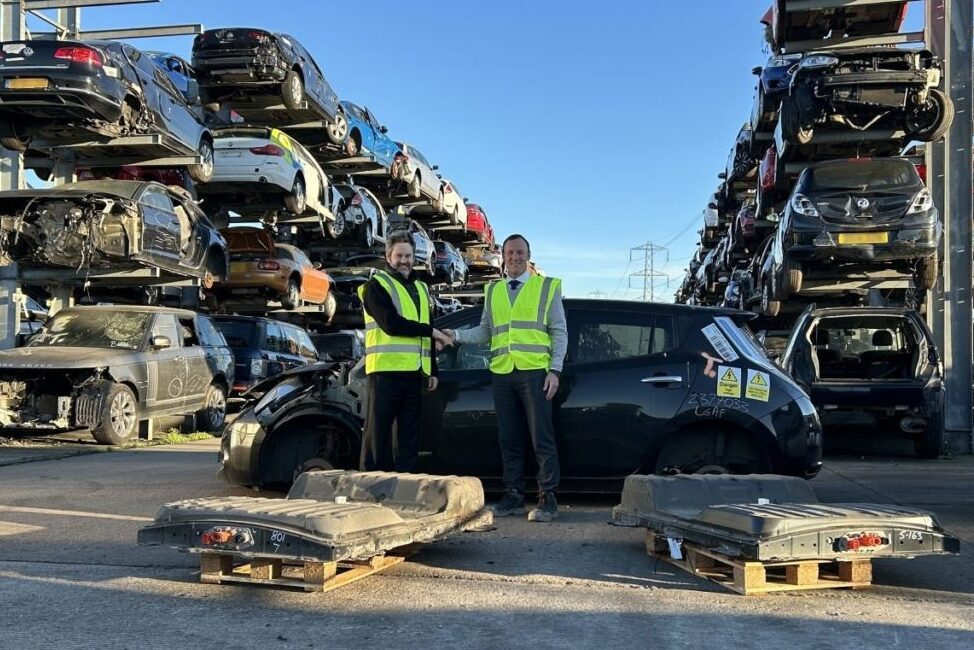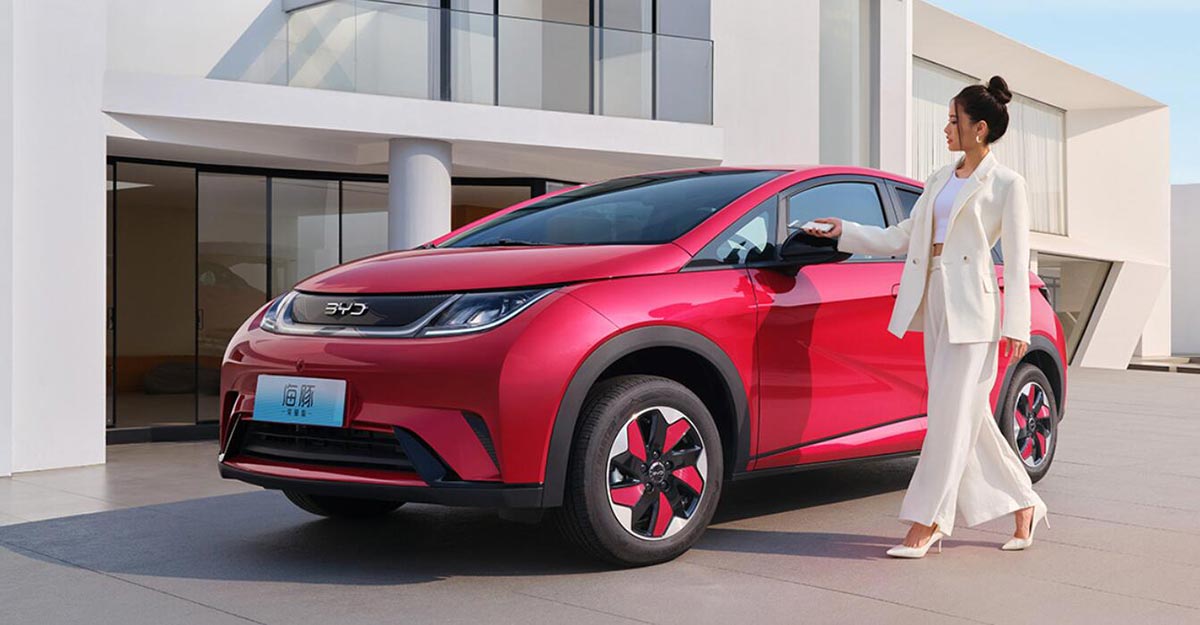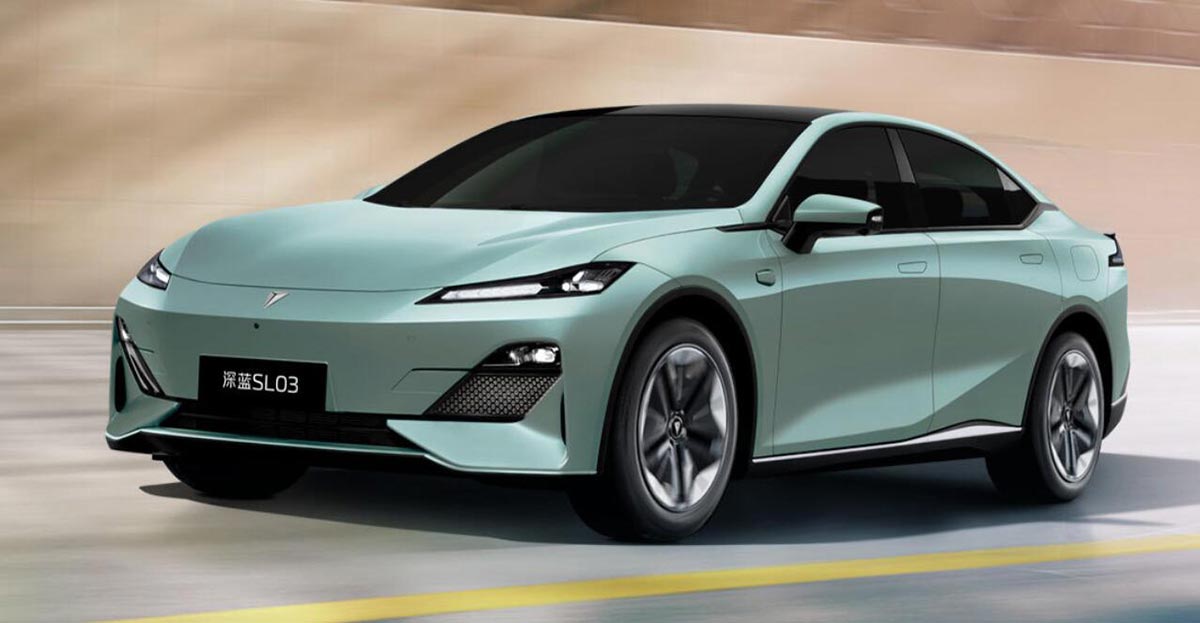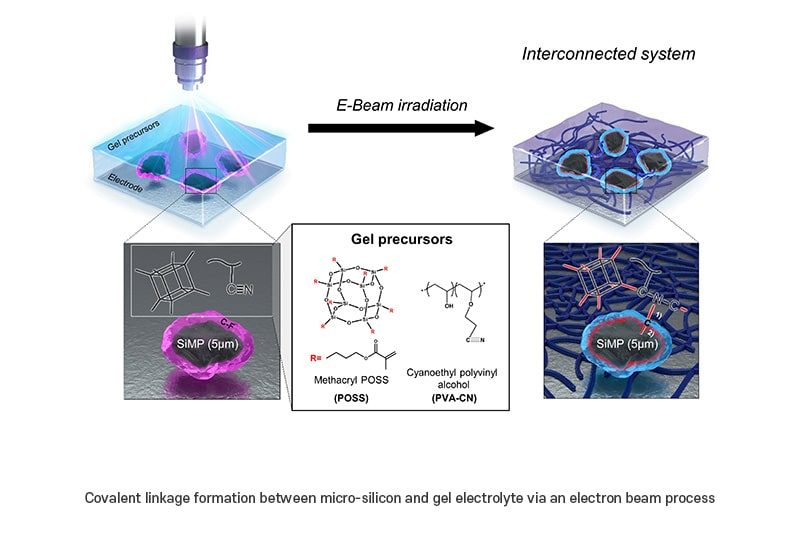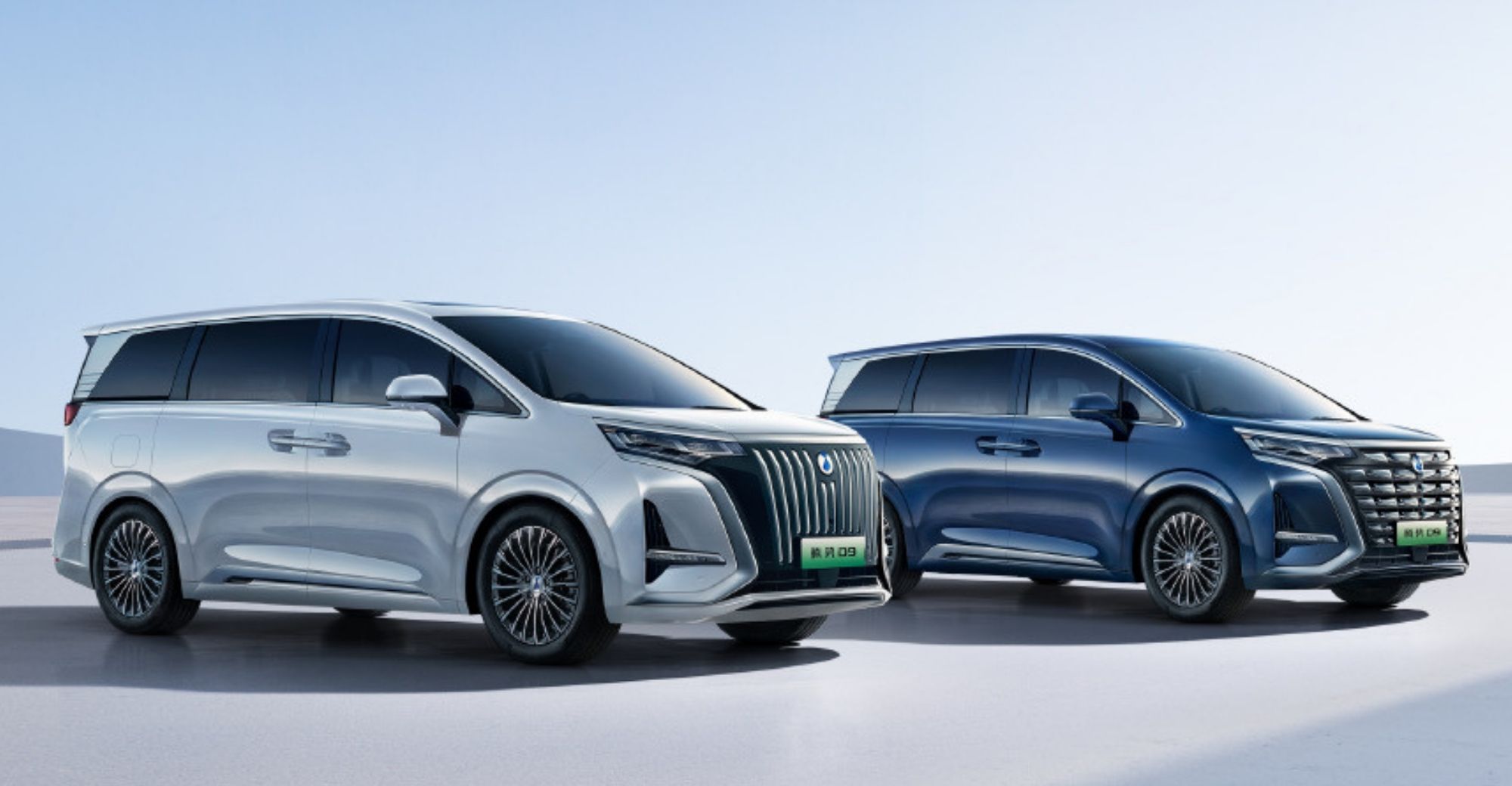CATL, a Chinese battery supplier, has reportedly restructured the shareholdings of two top executives to avoid being designated as a “Foreign Entity of Concern” (FEOC) under the Inflation Reduction Act (IRA) in the United States.
The company provided an official reason for the change in shareholdings, stating that it was aimed at adapting to changes in its internal and external environments, enhancing decision-making power, and promoting sustainability.
See also: CATL Leads Global EV Battery Market with 36.8% in 2023, BYD Follows with 15.8%: SNE Research
Analysts at CruGroup suggested that CATL’s restructuring might be more focused on qualifying for tax incentives under the IRA in the United States.
CATL was at risk of receiving an FEOC designation before the restructuring. In December 2023, the Biden administration released a Notice of Proposed Rulemaking (NPR) outlining FEOC requirements.
The NPR stated, “To strengthen the security of America’s supply chains, beginning in 2024, an eligible clean vehicle may not contain any battery components that are manufactured or assembled by a FEOC, and, beginning in 2025, an eligible clean vehicle may not contain any critical minerals that were extracted, processed, or recycled by a FEOC.”
See also: Tesla Reportedly Plans Battery Plant Expansion in Nevada, Utilizing Equipment from CATL
The People’s Republic of China (PRC) is considered an FEOC. CATL, based in China, has one of its top executives, Robin Zeng Yuqun, closely linked to the Chinese government. Zeng held over 25% of CATL shares before the restructuring and is a member of the Chinese People’s Political Consultative Conference (CPPCC), an advisory body to the Chinese government.
CATL’s restructuring seems to be an attempt to distance itself from the Chinese government and comply with IRA requirements. The company must reduce ties with the PRC to qualify for the IRA’s tax incentives. CATL has battery supply agreements with one of the leading automakers in the United States, which aims to increase electric vehicle production.
See also: CATL Unveils Innovative EV Chassis with 621-Mile Range, Targets Simplified Manufacturing
Ford and CATL collaborated to establish a $3.5 billion battery production facility in Michigan, a move that has raised concerns in the United States Congress.

